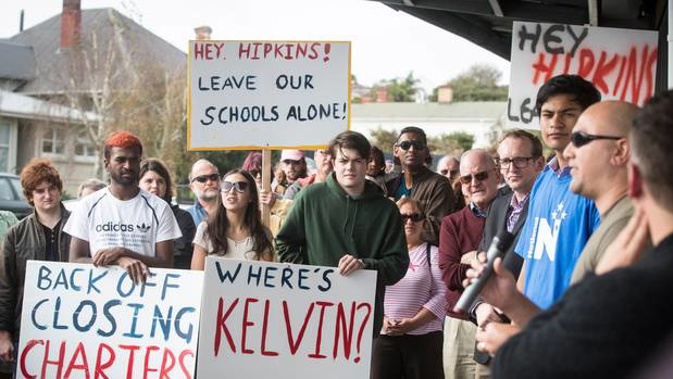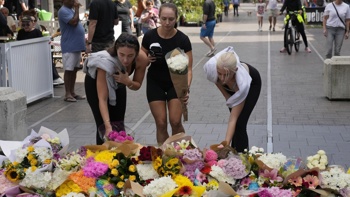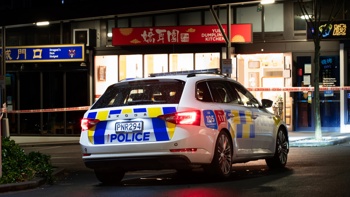
Charter school closures will have a disproportionately detrimental effect on Māori, educators Sir Toby Curtis and Dame Iritana Tawhiwhirangi say in a Treaty of Waitangi claim.
Sir Toby said most of the 1500 students at the charter schools the Government is shutting down were Māori, many of whom had enrolled to get a fresh start in education and get their lives back on track.
Six of the 11 partnership schools (Kura Hourua) had 87-100 per cent Māori rolls.
"The rights of these students to make that choice and the rights of parents and whanau to choose and support what's best for their children are being taken away from them," Curtis said.
Tawhiwhirangi said there had been a "total lack of consultation" with the schools and their students' whanau.
"This Government has ridden roughshod over the futures of these young people in spite of claiming that they are placing a priority on helping our most vulnerable children.
"The evidence shows that Kura Hourua have been delivering very positive results for Māori students who for decades have been falling through the gaps," she said.
Education Minister Chris Hipkins introduced the Education Amendment Bill, spelling the end of charter schools, in February.
All existing charter schools applied to become state or integrated schools.
So far Hipkins has approved only Albany's Vanguard Military School to convert to a state school with designated character.
He has promised to decide by the end of the month on applications from nine others to become designated character state schools and from two, Te Kura Māori o Waatea in Māngere and the proposed new Tūranga Tangata Rite in Gisborne, to become integrated schools similar to Catholic schools.
Curtis said the Government's plans to offer Kura Hourua the chance to re-establish themselves as regular state schools would not solve the problem.
"It would strip the schools of the key flexibilities that were allowing them to succeed. Students would be left with no choice but to either leave school or return to a state system that wasn't working for them in the first place.
"Yes, we have a good state education system, but it doesn't serve all students' needs equally well. Results across the country clearly show that one size does not fit all," he said.
National's education spokeswoman Nikki Kaye and Māori education spokeswoman Jo Hayes said the Government should listen to Māori on the schools.
"Partnership schools have a proven track record of helping vulnerable young people, many of whom are Māori, to succeed in education. Yet the Government's Education Amendment Bill includes provisions that will scrap the partnership school model, with no regard for where it leaves the students and their families," Kaye said.
"Now in light of the Treaty claim, the Government should remove the provisions from the Bill and let partnership schools get on with educating our vulnerable young people," she said.
Hayes said Labour's Māori MPs were letting young Māori down by not fighting for the schools.
"Kelvin Davis once threatened to resign if the partnership schools in his electorate were closed by his Government, but since becoming a minister he has ducked out," she said.
Take your Radio, Podcasts and Music with you









